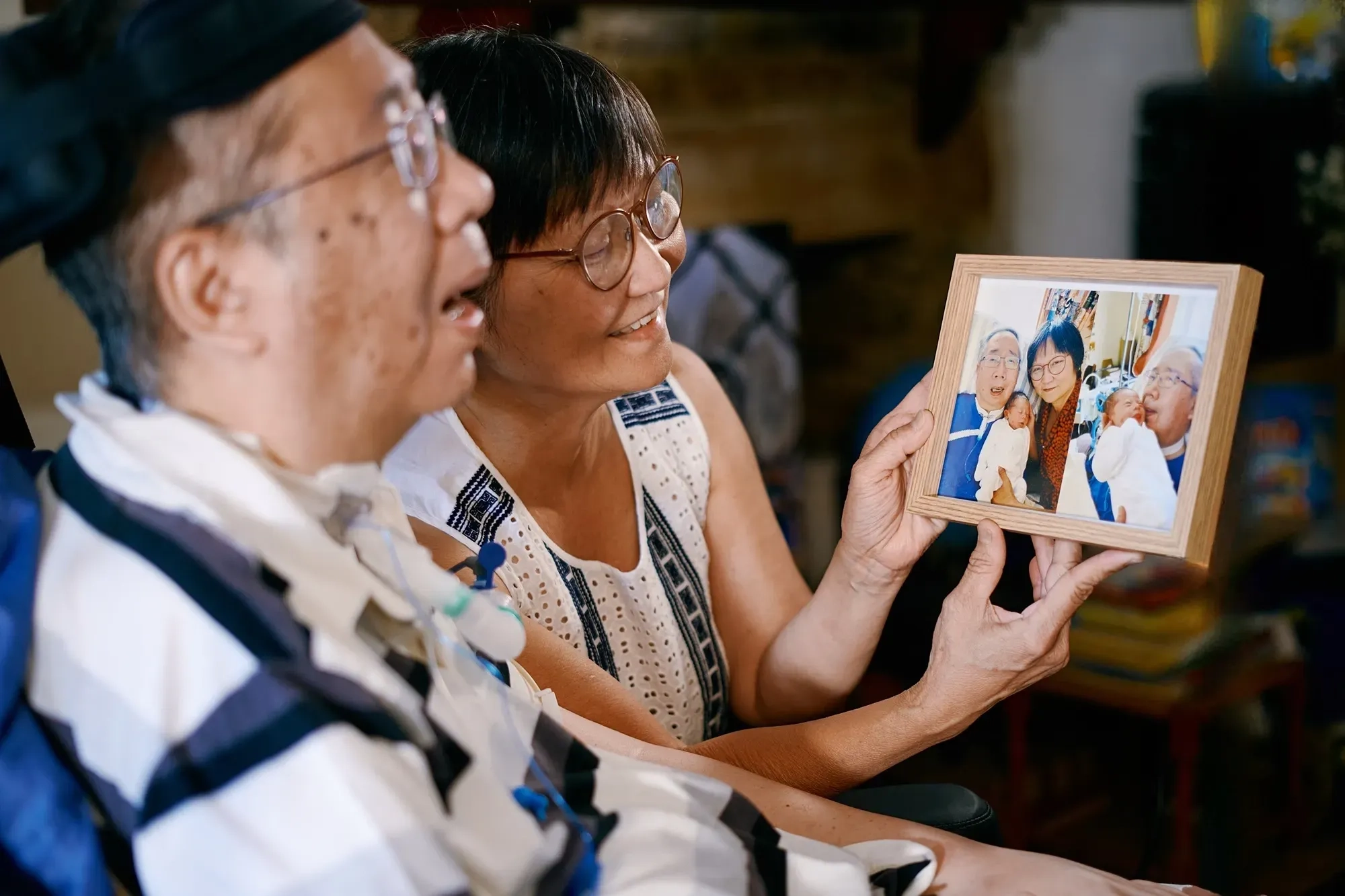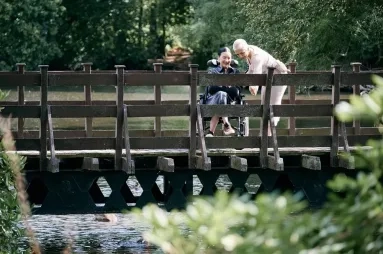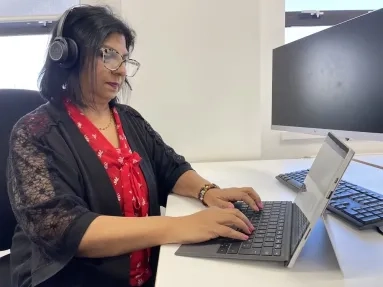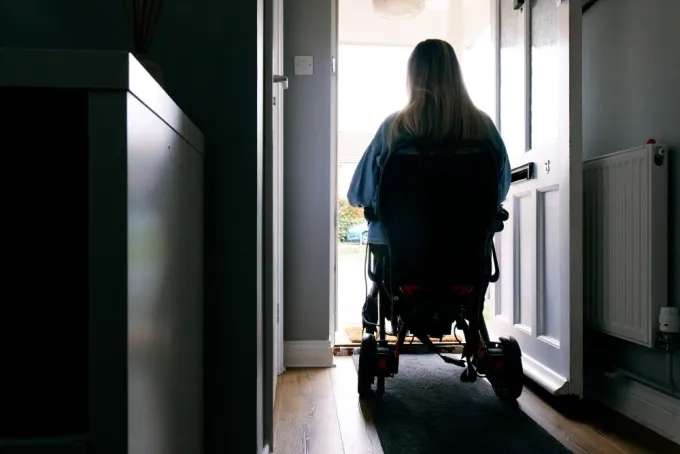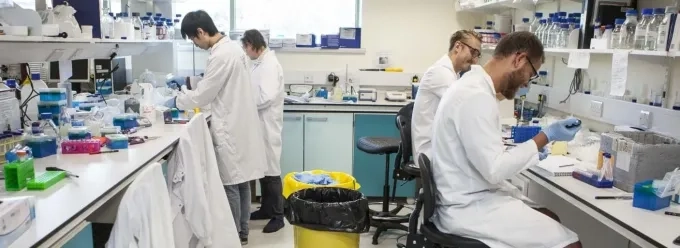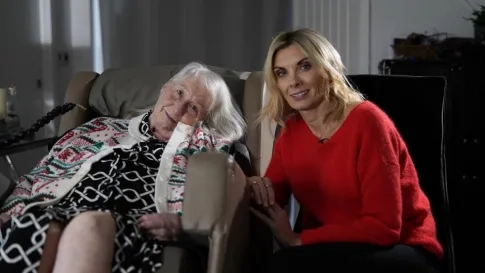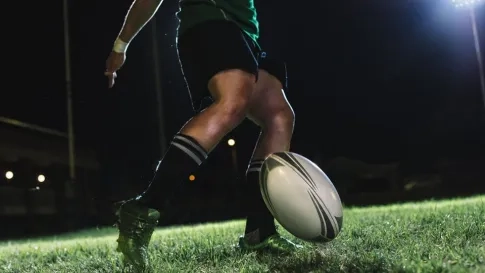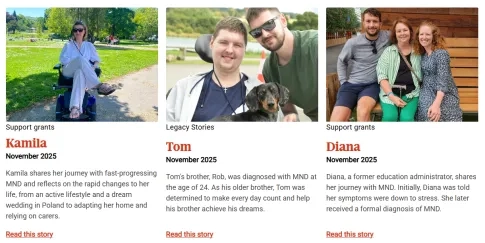What is MND?
Motor neurone disease attacks the nerves that control movement so muscles no longer work. It moves fast and currently there is no cure.
Early signs of MND
First symptoms vary between people. We’re here to help if you’re worried that you or someone close to you might have MND.
Benefits, financial support and cost of living
Living with MND can affect your finances. There are a range of ways we can help.
Support for you
MND changes everything. We’re here for everyone affected by MND in England, Wales and Northern Ireland. Speak to our advisers, find information, connect with others and find local support using the links below.
Find local support
Every day we support people with motor neurone disease, campaign for better care and fund ground-breaking research. Because with MND, every day matters.
53
new research grants were awarded totalling £14.9 million in 2025
5,252
calls were answered by our MND Connect Helpline in 2025
£4 million+
grants were given to support people affected by MND in 2025
What's new?
Find out more about what's happening at the MND Association.
Read the latest news from across the Association
All newsTofersen: campaigning success
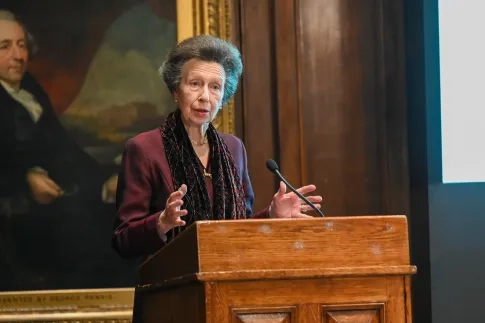
Royal reveal of our new look.
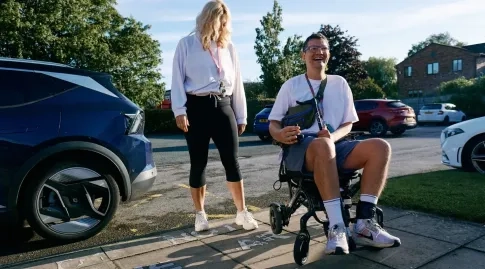
Making every day matter.
Help us support people affected by MND
Campaign
MND takes too much. It’s time to fight back. Join us. Because together, we can bring positive change.
Donate
Every pound you give matters, helping us be here for people with MND and driving us closer to a cure. Make a one-off donation or support our work with a regular gift.
Fundraise
Take part in one of our events or fundraise your way and make every step, every pedal, every bake, every stitch matter. Every pound you raise will make a difference to people affected by MND.
Volunteer
Join our network of more than 1,300 volunteers and give your time to help make every day count for people affected by MND.
